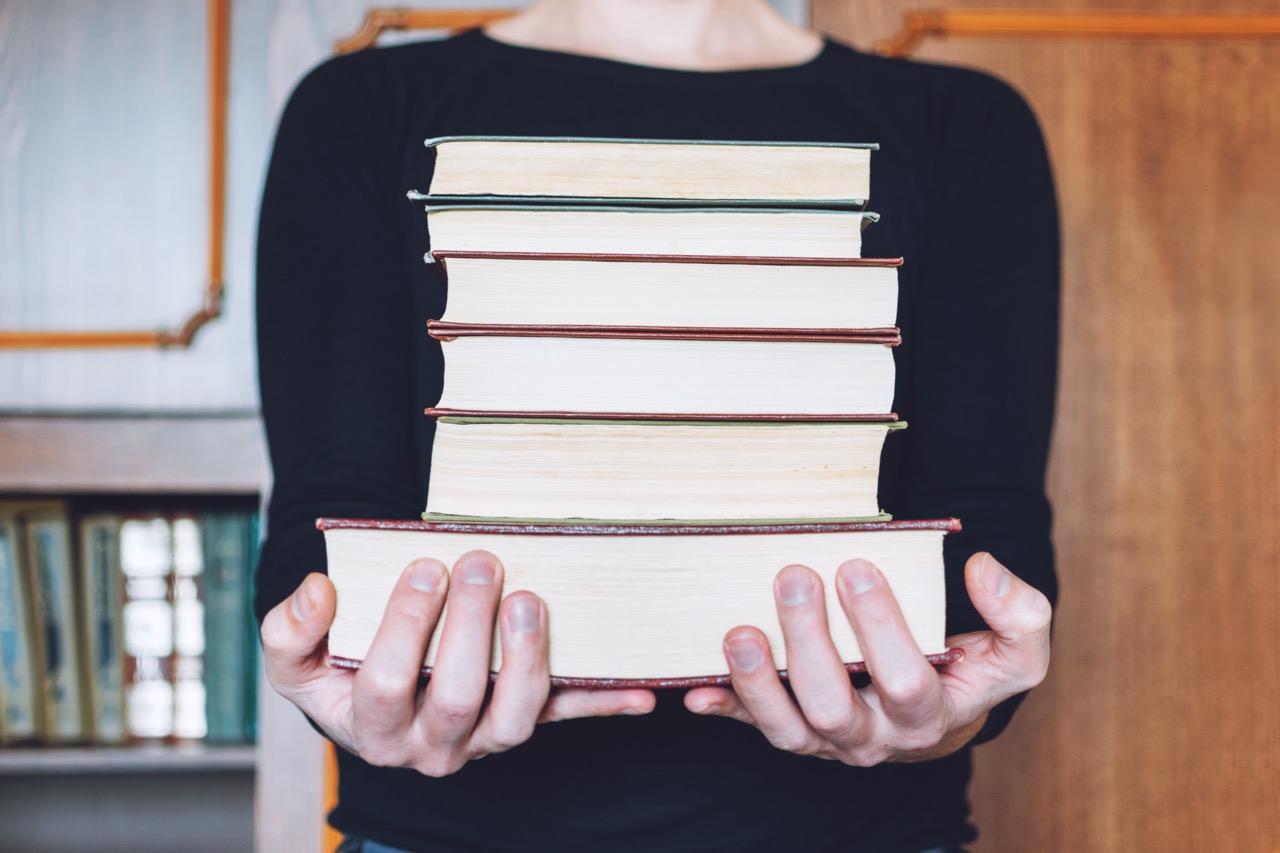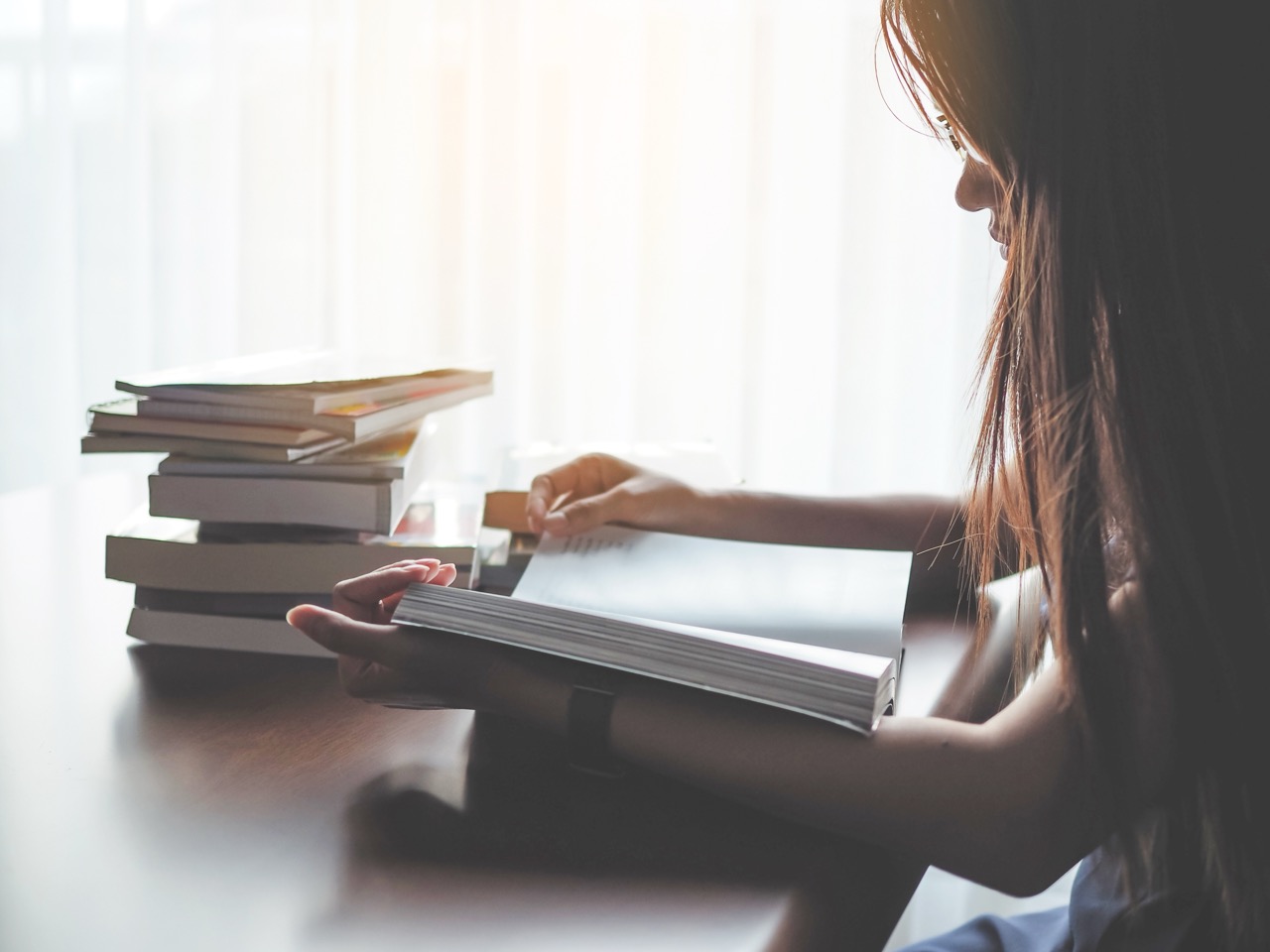Literacy is more than just the ability to read and write; it’s a powerful tool that shapes lives and societies. When we think about gender equality, it’s essential to recognize how literacy plays a pivotal role in empowering women and bridging the gap between the genders. This article explores the profound impact of literacy on gender equality, shedding light on its potential to change lives, offer new opportunities, and foster a more equitable world.
Understanding Literacy’s Role in Empowering Women Globally
Literacy is a fundamental right and a cornerstone of personal and societal development. For women, it serves as a gateway to empowerment, enabling them to make informed decisions about their lives. When women are literate, they gain access to information about their rights, health, and education, which significantly enhances their ability to participate fully in society. This participation can lead to improved economic stability and greater social influence, allowing women to challenge traditional norms and advocate for their rights.
Moreover, literacy equips women with the skills necessary to pursue higher education and professional opportunities. In many parts of the world, women are still denied access to education based on cultural or systemic barriers. When we improve literacy rates among women, we not only uplift individuals but also entire communities. Educated women can contribute to economic growth, health improvements, and social change, ultimately benefiting society as a whole.
Additionally, literacy fosters critical thinking and independence. Women who can read and write are better positioned to question societal norms and challenge injustices they may face. This awakening can lead to a ripple effect, where educated women inspire others in their communities to seek education and advocate for equality, thus creating a more informed and empowered generation.
How Increased Literacy Levels Foster Gender Parity
The correlation between increased literacy levels and gender parity is clear. Countries with higher literacy rates among women often experience significant advancements in gender equality. For instance, when women are educated, they are more likely to participate in politics, hold leadership positions, and influence policy decisions. This representation is crucial in ensuring that women’s needs and perspectives are considered in governance and community planning.
Moreover, increased literacy enhances women’s economic opportunities. Educated women are more likely to enter the workforce, pursue entrepreneurial endeavors, and contribute to their households’ financial stability. This economic empowerment not only uplifts individual families but also stimulates broader economic growth. As women gain financial independence, they can invest in their children’s education and health, perpetuating a cycle of empowerment and equality for future generations.
Furthermore, literacy serves as a catalyst for breaking down stereotypes and misconceptions about gender roles. As women become educated, they challenge outdated beliefs and contribute to shifting societal attitudes. This cultural transformation is essential for achieving true gender parity, as it fosters an environment where all individuals, regardless of gender, can thrive and contribute to society.
Books That Illuminate the Connection Between Literacy and Equality
There are numerous literary works that explore the intricate relationship between literacy and gender equality, providing invaluable insights. One such book is "Half the Sky" by Nicholas D. Kristof and Sheryl WuDunn. This compelling narrative emphasizes the importance of education and literacy in empowering women and combating global issues like poverty and oppression. The authors weave together personal stories and data, showcasing how investing in women’s education can lead to transformative societal changes.
Another noteworthy read is "I Am Malala" by Malala Yousafzai. This memoir not only tells the inspiring story of a young girl’s fight for education but also highlights the broader implications of literacy in Afghanistan and beyond. Malala’s journey illustrates how one voice, empowered by education, can spark a global movement for gender equality and education rights.
Lastly, "The Girl with the Lower Back Tattoo" by Amy Schumer offers a humorous yet poignant reflection on gender roles and societal expectations. Through her storytelling, Schumer underscores the importance of self-empowerment and literacy as tools for women to reclaim their narratives. These books, amongst many others, invite readers to reflect on the vital connection between literacy and gender equality while inspiring action toward a more equitable world.
Practical Steps to Support Literacy for All Genders Today
Supporting literacy for all genders requires a collective effort, and there are several practical steps that individuals can take. First, consider volunteering with local organizations that focus on adult education or literacy programs. Many communities offer opportunities to mentor or tutor individuals seeking to improve their reading and writing skills. By dedicating your time, you can help empower others while fostering a love for literature.
Another meaningful way to support literacy is by donating books to local libraries, schools, or community centers. Consider selecting diverse titles that reflect a variety of voices and experiences, particularly those that center on women’s stories and perspectives. Creating accessible reading spaces and resources can inspire individuals of all ages to discover the joy of reading and learning.
Lastly, advocate for policies that prioritize education and literacy programs, particularly in underserved communities. Engage in conversations with local leaders and support initiatives that aim to increase funding for educational resources. By raising awareness and backing systemic changes, we can work toward a future where literacy is accessible to everyone, regardless of gender.
Literacy is a powerful tool for change, especially when it comes to advancing gender equality. By empowering women through education, we create ripples of transformation that extend far beyond individual lives. As readers and lifelong learners, we have the opportunity to engage with books that illuminate this vital connection and to take practical steps in our communities to support literacy for all. Together, we can champion a world where everyone has the chance to read, learn, and thrive.










